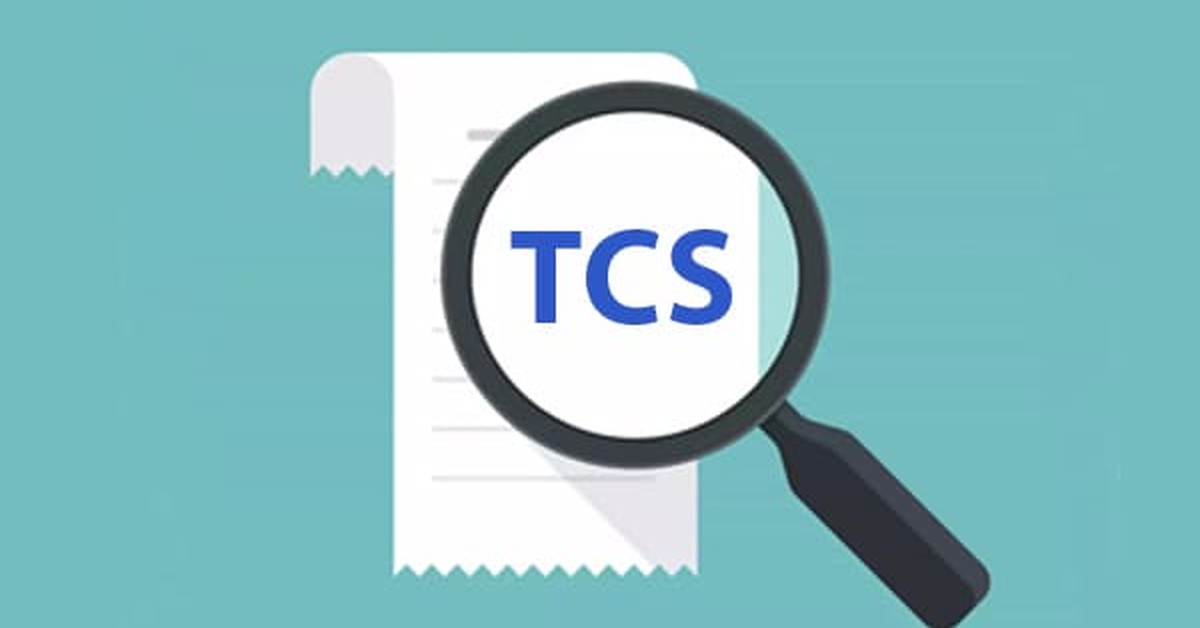TCS is the tax collected by the seller when goods are being sold to the buyer. Section 206C of the Income Tax Act lays down the terms and conditions under which tax has to be collected. However, an amendment has been made under Section 206C (1H) which will applicable from 1.10.2020 onwards. Let us uncover some of the terms of the said ammendment.
Arjun (Fictional Character): Krishna, what is the amendment applicability of TCS under section 206C of the Income-tax Act?
Krishna (Fictional Character): Arjun, an amendment has been made in section 206C (1H) of Income Tax, that if any seller of goods whose turnover exceeds Rs. 10 Cr. in the preceding FY, then he is liable to collect TCS @ 0.1% (0.075% till 31.03.2021), on the sale value exceeding Rs. 50 lakh for each buyer. It is very important to note that TCS is to be paid by the seller on a receipt basis.
Arjun: So what are the peculiar points of TCS on sale of goods under the Income Tax Act?

Krishna: The key points on which a seller needs to pay keen attention while collecting TCS under section 206C (1H) are:
- This section is applicable from 1st October 2020 onwards. So, sales made on or after 1.10.2020 shall only be liable for TCS. However, the 50 lakhs threshold limit to be calculated from 1.4.2020. Please note that receipt of the outstanding amount as on 30th September shall not be considered for calculating receipts liable for TCS.
- If the amount received during the FY exceeds Rs. 50 Lakhs from a single buyer then amount over and above 50 lakhs will be the value for the collection of tax from such buyers. The threshold limit of Rs. 50 lakhs per buyer is to be calculated each year.
- TCS under this section is to be shown in the invoice and payment of TCS to the government is to be made on receipt from the buyer.
- In case of an increase in sales value due to rate difference, etc TCS will also be increased by the applicable rate and vice-versa in case of a decrease in sales value due to rate difference, discount, etc TCS which has already been collected, may be reversed.
- If the buyer does not quote his PAN/AADHAR number to the supplier, TCS will be collected @1%, instead of 0.1% applicable.
- TCS collected by the seller must be deposited before the 7th of each month, for the preceding month and file quarterly return in Form 27EQ on or before the 15th of the next month after the end of the quarter.
For example, on 3.10.2020, Buyer A purchases goods amounting to Rs. 52,00,000 from Seller B, TCS will be collected of Rs.150 on Rs. 2,00,000 @ 0.075% (Rs. 52,00,000 – Rs. 50,00,000). On 5.10.2020 if the same buyer purchases goods of Rs.300000, TCS will be collected Rs. 225 on Rs.300000. On 1.11.2020 the buyer pays Rs.5500375 inclusive of TCS of Rs.375.
Arjun: Krishna, in which cases TCS shall not be collected?
Krishna: TCS shall not be collected under section 206 C (1H), if
- TCS is applicable under any other sub-section, or if TDS is already deductible on it
- Goods are exported out of India
- Sale to Central or State government, Local authority, etc
- Sale to a person importing goods into India or any other person as the Central Government may notify.
- TCS is not applicable to the GST amount levied in the invoice.
- TCS is not applicable to services.
Arjun: What are the key takeaways from above?
Krishna: The key takeaways are:
- The liability to deposit TCS arises on a receipt basis
- Every time the seller receives payment from the buyer, he has to remit the TCS to the Government
- The long term view of the government may be to reconcile :- turnover as per GST & turnover as per Income tax on the basis of TCS
What are the practical difficulties that may arise during the implementation of TCS u/s 206C (1H)? - Read now!







 CAclubindia
CAclubindia
